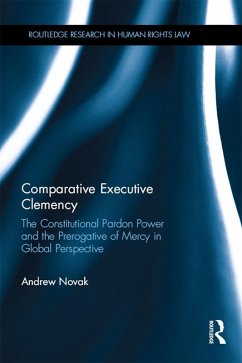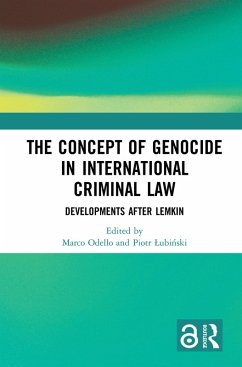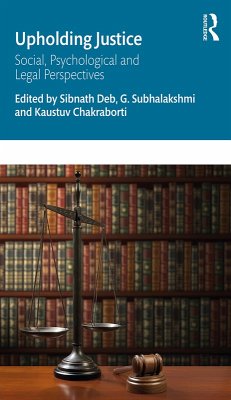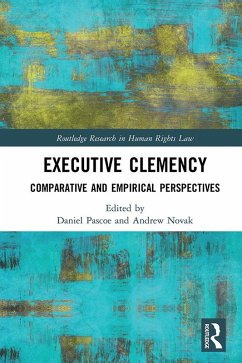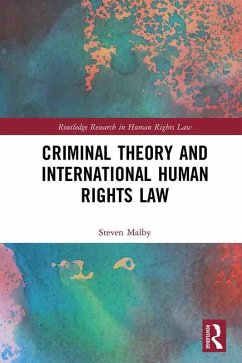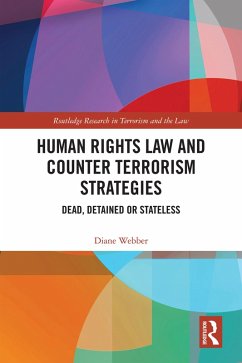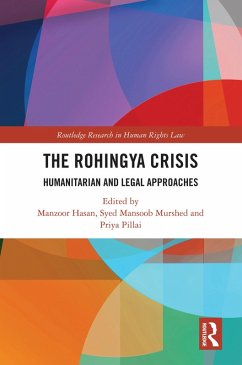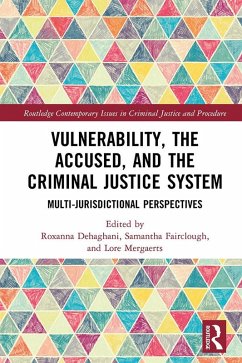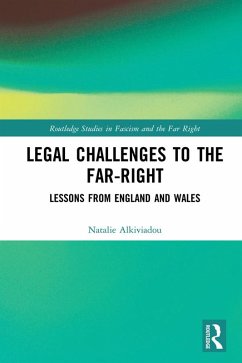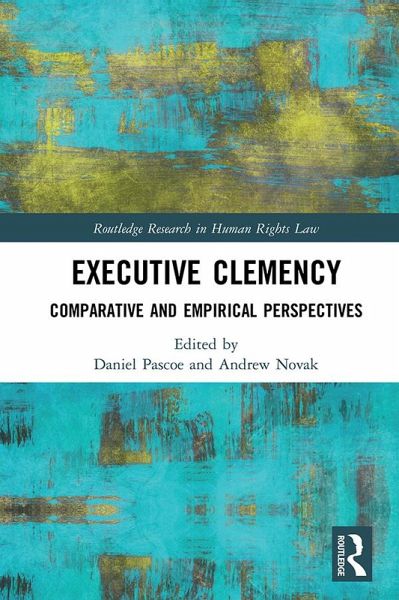
Executive Clemency (eBook, ePUB)
Comparative and Empirical Perspectives
Redaktion: Pascoe, Daniel; Novak, Andrew
Versandkostenfrei!
Sofort per Download lieferbar
41,95 €
inkl. MwSt.
Weitere Ausgaben:

PAYBACK Punkte
21 °P sammeln!
Nearly every country in the world has a mechanism for executive clemency, which, though residual in most legal systems, serves as a vital due process safeguard and as an outlet for leniency in punishment. While the origins of clemency lie in the historical prerogative powers of once-absolute rulers, modern clemency laws and practices have evolved to be enormously varied. This volume brings comparative and empirical analysis to bear on executive clemency, building a sociological and political context around systematically-collected data on clemency laws, grants, and decision-making. Some jurisd...
Nearly every country in the world has a mechanism for executive clemency, which, though residual in most legal systems, serves as a vital due process safeguard and as an outlet for leniency in punishment. While the origins of clemency lie in the historical prerogative powers of once-absolute rulers, modern clemency laws and practices have evolved to be enormously varied. This volume brings comparative and empirical analysis to bear on executive clemency, building a sociological and political context around systematically-collected data on clemency laws, grants, and decision-making. Some jurisdictions have elaborate constitutional and legal structures for pardoning or commuting a sentence while virtually never doing so, while others have little formal process and yet grant clemency frequently. Using examples from Asia, Europe, Latin America, the Caribbean, and the USA, this comparative analysis of the law and the practice of clemency sheds light on a frequently misunderstood executive power.
This book builds on existing academic scholarship and expands the limited geographical scope of prior research, which has tended to focus on North America, the UK, and Australia. It relays the latest state of knowledge on the topic and employs case studies, doctrinal legal analysis, historical research, and statements by clemency decision-making authorities, in explaining why clemency varies so considerably across global legal and political systems. In addition, it includes contributions encompassing international law, transitional justice, and innocence and wrongful convictions, as well as on jurisdictions that are historically under-researched.
The book will be of value to practitioners, academics, and students interested in the fields of human rights, criminal law, comparative criminal justice, and international relations.
This book builds on existing academic scholarship and expands the limited geographical scope of prior research, which has tended to focus on North America, the UK, and Australia. It relays the latest state of knowledge on the topic and employs case studies, doctrinal legal analysis, historical research, and statements by clemency decision-making authorities, in explaining why clemency varies so considerably across global legal and political systems. In addition, it includes contributions encompassing international law, transitional justice, and innocence and wrongful convictions, as well as on jurisdictions that are historically under-researched.
The book will be of value to practitioners, academics, and students interested in the fields of human rights, criminal law, comparative criminal justice, and international relations.
Dieser Download kann aus rechtlichen Gründen nur mit Rechnungsadresse in A, B, BG, CY, CZ, D, DK, EW, E, FIN, F, GR, HR, H, IRL, I, LT, L, LR, M, NL, PL, P, R, S, SLO, SK ausgeliefert werden.




